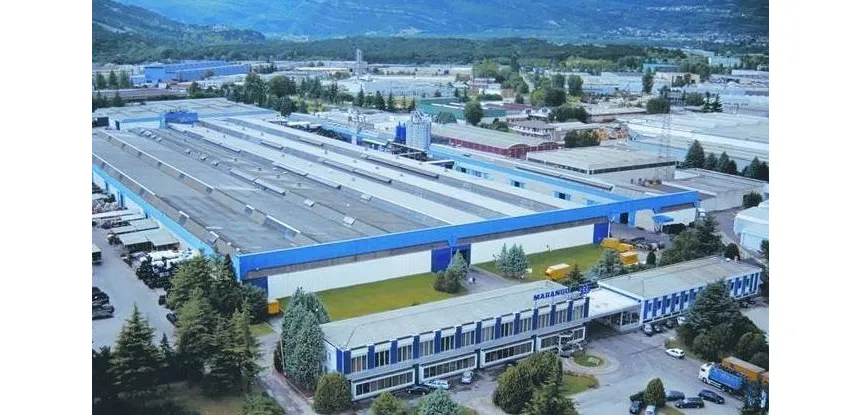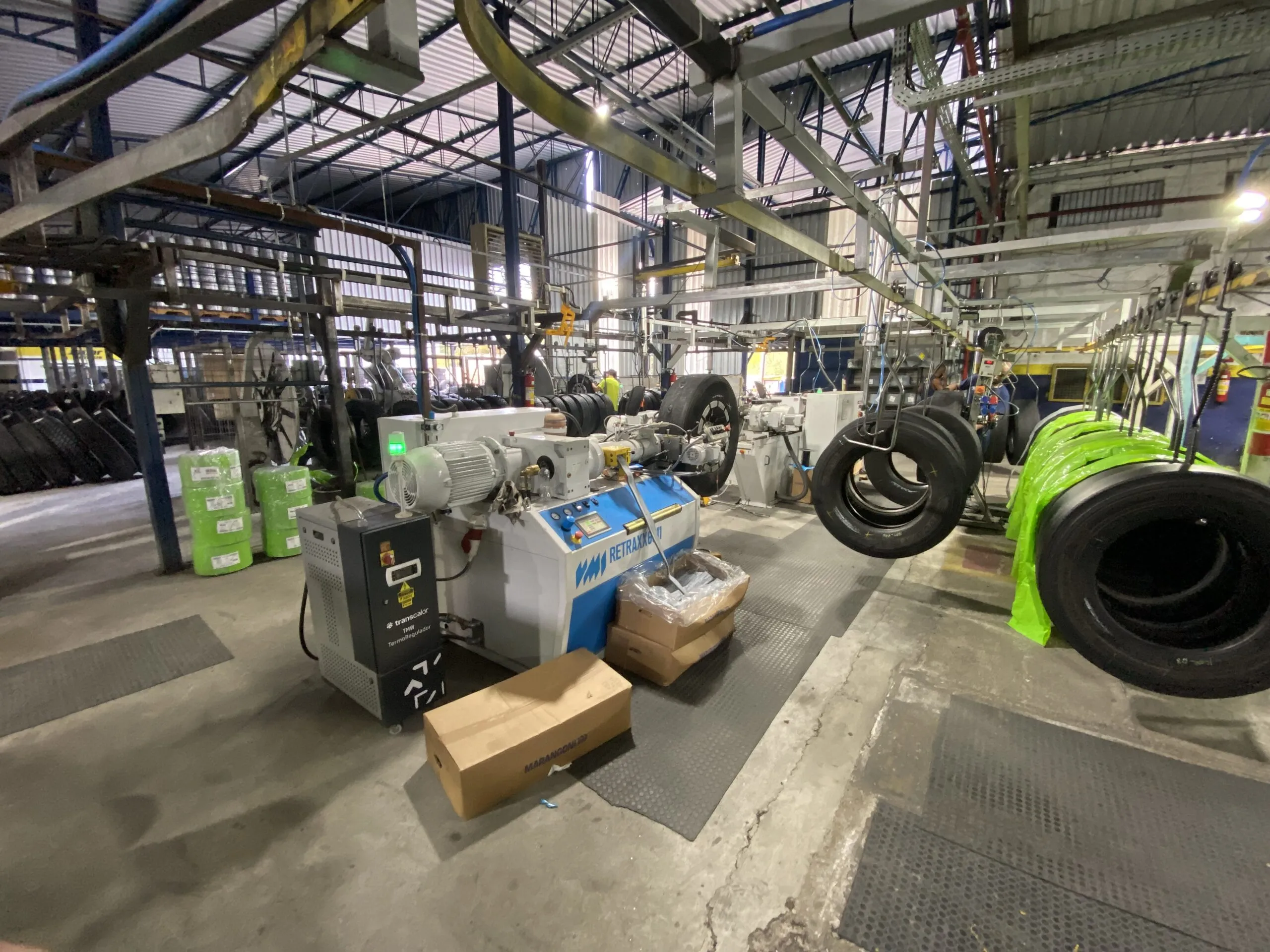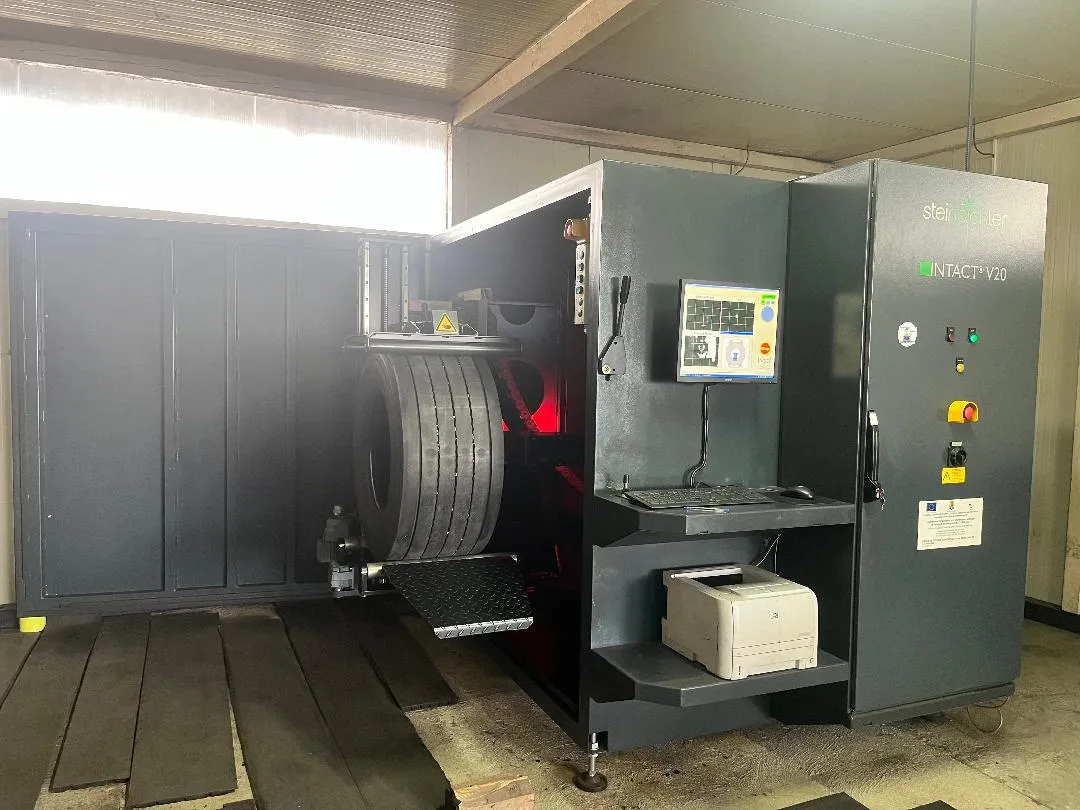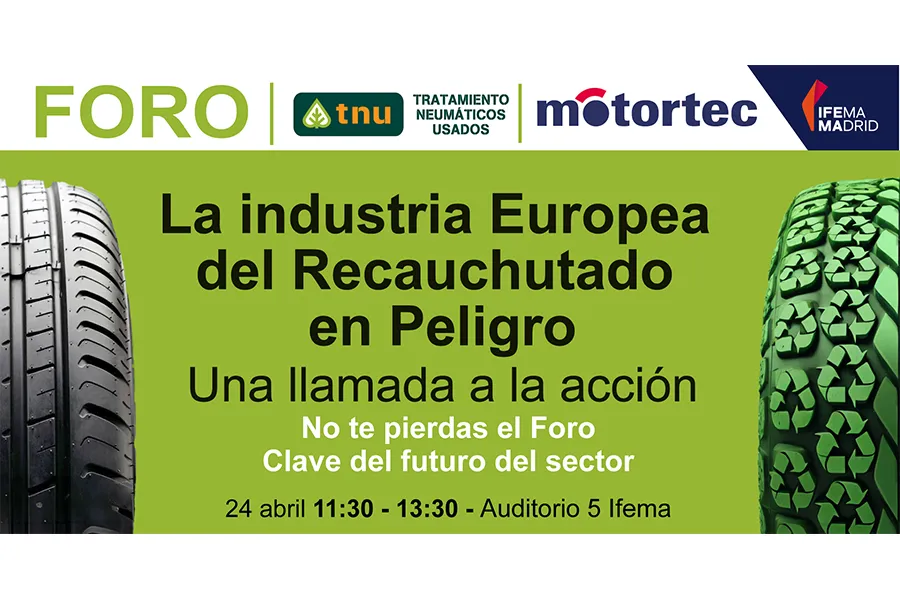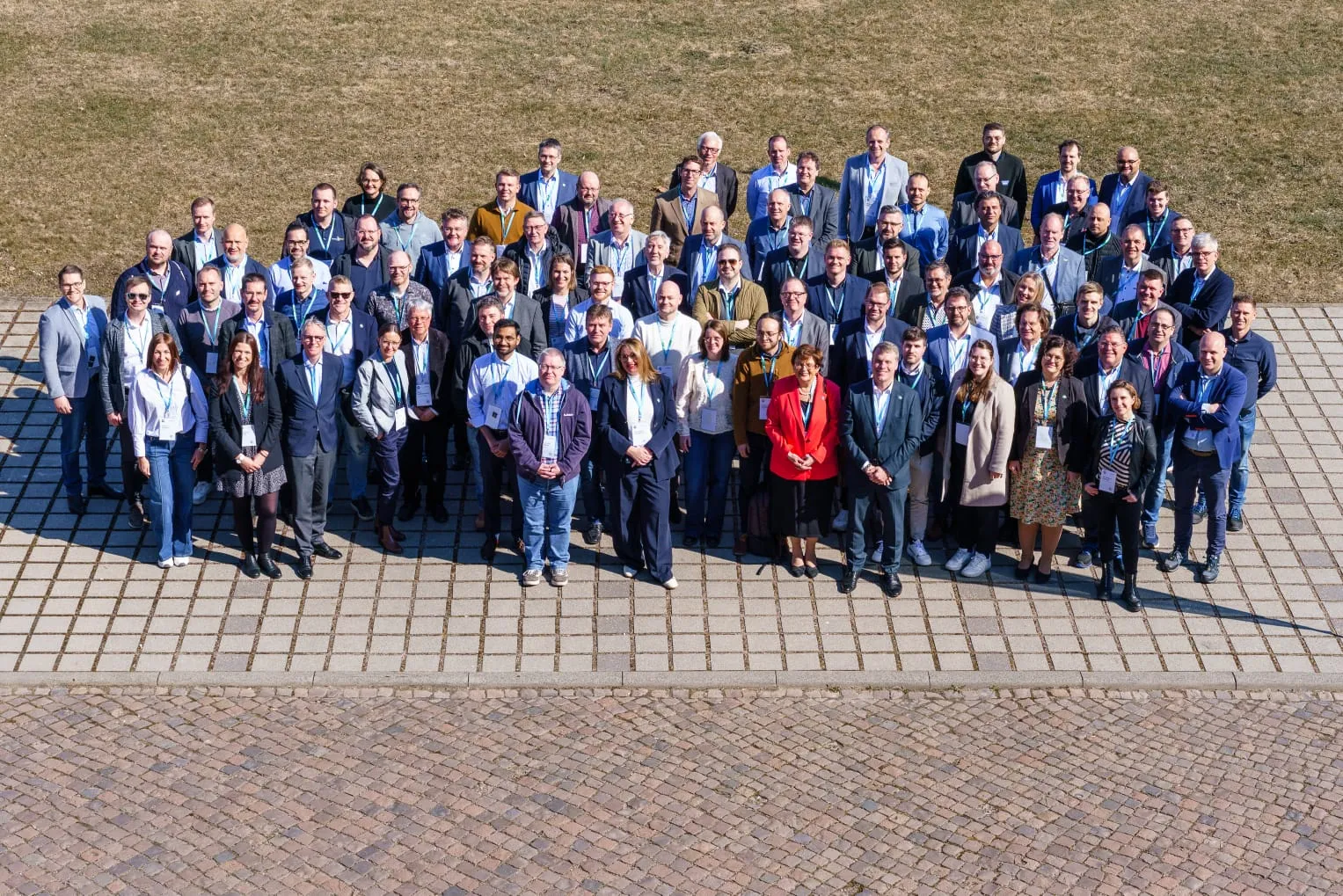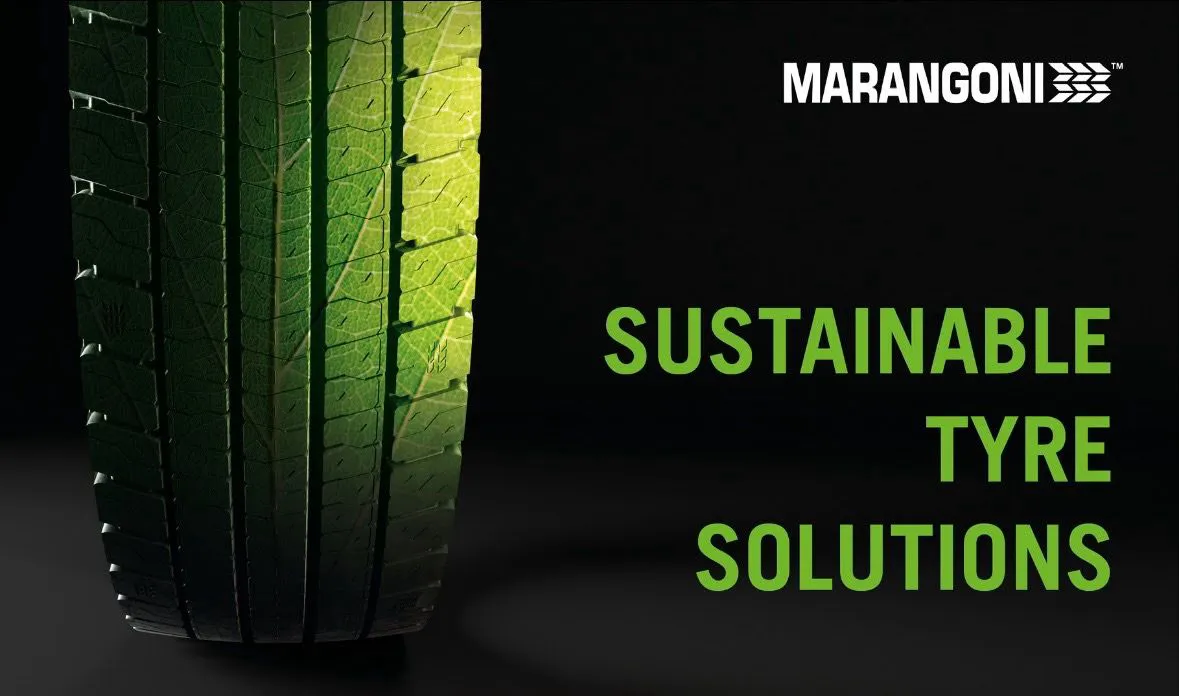Regular observers of the tyre retreading sector will be aware of the speculation that arose in early June regarding the status of the global co-operation agreement between Marangoni and Vipal, caused as a result of press reports published in the local Trentino press in Northern Italy, in particular, an analytical piece published in L’Adige, which, on the basis of comments made by Vittorio Marangoni in the report to Marangoni’s 2020 financial statement, suggested that the two companies were at any advanced stage of negotiations for Vipal to acquire 60% of the share capital of Marangoni Spa, to be achieved by means of future capital increases.
Further Talks Ongoing
Following the denials by both parties as part of the process of mollifying the heavily politicised local press, Retreading Business spoke both to Vittorio Marangoni and to Vipal’s International Business Director, Leandro Rigon to find out more about what was really going on within the global alliance and to get a feeling for the current state of the negotiations between the two groups.
Of course, both parties began with the caveat that non-disclosure agreements meant that neither could talk openly about what is going on, and both were critical of the Italian press, with Rigon claiming that many aspects of the Italian press reports were untrue, and Vittorio Marangoni talking about “fake news”, but after a while a picture began to emerge of where the global alliance might be heading.

Crucially, neither party ruled out the issue of Vipal taking shares in Marangoni Spa via a capital increase, and Vittorio Marangoni did not deny the implication of what was said in the financial reports relating to the potential 60/40 split but emphasised that this issue was just one aspect of a series of very complex ongoing negotiations to find the optimum solution for working together, with the focus being on identifying the key synergies between the two groups in a variety of areas, and then finding the best way to leverage those synergies. Certainly, the inference that the two parties were on the verge of finalising a global acquisition deal was denied.
Both Marangoni and Rigon, however, emphasised the fact that the course of the pandemic had represented a serious barrier to moving negotiations forward at the speed they would have liked, and both expressed the hope that these could move forward once face-to-face meetings are able to resume.
What was able to be clarified was the fact that the global alliance in the Americas, at least, is now a reality. 51% of Marangoni Tread North America (MTNA) was acquired in 2019, and although both Marangoni and Vipal continue to operate independently in North America, Leandro Rigon expressed the hope that his company would be able to move forward with making the most of the synergies between the two companies in that region as the impact of the pandemic decreases.

Meanwhile, both Vipal and Marangoni have confirmed that the plans for Marangoni Tread Latino America Ltda, based near Belo Horizonte, Brazil are similar to those already implemented in North America. However, with the Brazilian operations currently undergoing restructuring, the shareholding changes are not able to be implemented until legal restructuring is complete.
Marangoni’s operations in Argentina, meanwhile, continue under license, following Marangoni’s disposal of its shares in the joint venture in that country. This, points out Vittorio Marangoni, is now the same arrangement as the company has with MTNA, namely a license agreement with local production.
Negotiations regarding other global regions as well as other areas of synergy, are still ongoing, so are not able to be discussed openly. However, further discussions with Vittorio Marangoni regarding the Marangoni Group’s current areas of focus, give a good idea of some of the areas that are likely to be under discussion.
The most obvious area is the realisation of synergies in Europe, particularly in the area of production and distribution. Vipal has distribution facilities in Spain, Germany, Slovenia and the UK but no production facilities of its own. One of the key developments at Marangoni’s manufacturing facility in Rovereto is the development of a technology hub, whereby the plant’s facilities are made available to third-party companies including shared use of Marangoni’s banbury, laboratories, R&D facilities, production and logistics. One can imagine that the development of this synergy will be high on the list of priorities.
The other area that springs to mind is the area of retreading technology. Both Vittorio Marangoni and Leandro Rigon avoided specifics when asked about the potential for co-operation between TRM and Vipal Machinery. However, Vittorio Marangoni confirmed that developing new retreading technologies was high on the company’s list of priorities, with a particular emphasis on automisation. “Retreading is increasing in importance globally, but is not yet competitive enough,” he told us. However, since the divestment of Marangoni Meccanica, TRM is working much closer with Marangoni Spa than in the past. Indeed, the Rovereto facility now actively serves as a testing facility for new technologies. It remains to be seen how Marangoni and Vipal will make the best use of synergies in this area.

